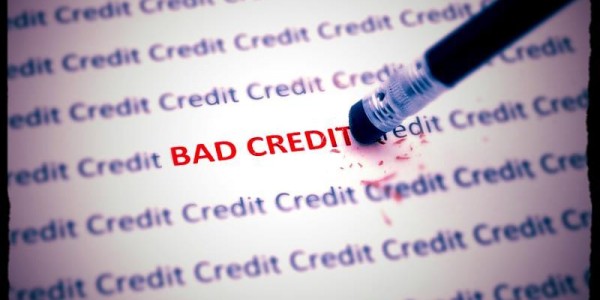By: Robert B. George, Esquire
Have you checked your Credit Report lately? If not, it is probably a good idea to do so right away and to review it periodically for accuracy and, more importantly, errors that might adversely affect your credit rating, more commonly referred to as your Credit Score, which has a direct correlation to your Credit Worthiness.
Each of us has a credit report and corresponding credit score. The credit reports themselves are generally prepared by entities known as “credit bureaus”, which are private companies that collect and provide credit information that is reported to them by other entities or creditors, such as banks, credit card companies, and department stores for example. The three most commonly known credit bureaus are (1) Trans Union; (2) Equifax; and Experian.
Information contained in an individual’s credit report generally includes information for any and credit related accounts – such as credit cards, automobile loans, as well as loans of various other kinds that you have had or currently have outstanding. For each of these accounts, your credit report will contain information such as the original balance of the loan, the total amount you currently owe, the largest amount that you have ever owed on an account, for example, the highest outstanding balance on a particular credit card account, the amount of your monthly payments, any late or missed payments, and any defaults or delinquencies.
It is important to check your credit report regularly as these credit bureaus often times erroneously report negative or bad credit information, that can have an adverse affect on your credit score which will, in turn, adversely affect your Credit Worthiness and ability to obtain credit, or the ability to obtain credit on favorable terms. For example, you may be denied credit altogether, which may be as simple as a credit card for a local department store, or more serious, such as a loan that you may need to buy a home or for your child to attend college. Alternatively, you may be offered the requested loan, but on terms that are not as favorable to you as they might otherwise be absent the adverse or negative credit information that appears on your credit report, such as a higher interest rate, which means much higher interest payments over the life of the loan.
There are particular laws in place at the federal as well as the state level to assist you should you believe that there is an error in your credit report that may be adversely affecting your Credit Worthiness. For example, if you have been denied credit within the past 30 days, you are entitled to a free copy of your credit report by simply requesting it from any one of the three credit bureaus referenced above. Once you have had a chance to review your actual credit report, and should you believe that something contained in it is inaccurate or if you dispute a particular debt, you will want to contact the credit bureau in writing and provide it with as much information as possible to support your position.
The credit bureau then has a legal obligation under the applicable laws to investigate the matter and to report back to you with the results of their investigation. If your dispute is denied, you have the right to provide a written statement of up to 100 words to be included in your credit report, which will also be provided to prospective creditors, wherein you may explain negative information contained within your credit report.
This is a limited explanation of some of the rights that you have, as there are additional rights and recourse available to an individual who believes that adverse information is being, or has been, erroneously reported in their credit report, including, but not necessarily limited to, a civil suit for money damages if the credit bureau and/or the underlying creditor is found to be in violation of the applicable credit reporting laws.
The attorneys at DiOrio & Sereni, LLP are experienced and available to help you navigate thru the complexities of any problems that you may be having at this time with your credit history/report which may be adversely affecting your credit worthiness. Contact Robert B. George, Esquire at 610-565-5700, or send him an e-mail at [email protected].
Like what you see? Join our mailing list













